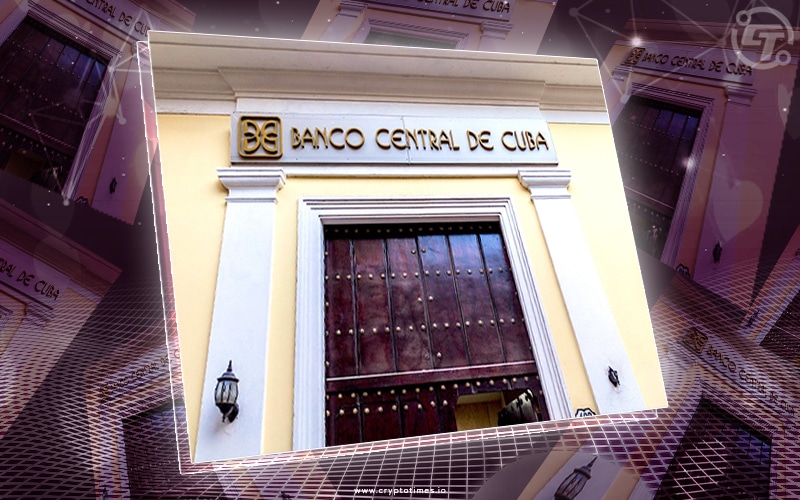The Central Bank of Cuba (BCC) will issue licenses for crypto service providers. As per the resolution published on Thursday, BCC may approve and authorize the crypto service providers for reasons of socio-economic interest, the use of certain virtual assets in commercial transactions, and collecting payments.
The definition of these virtual assets hasn’t been clarified. Yet, it stated that the virtual assets do not include a digital representation of fiat currency, securities, and other financial assets widely used in traditional banking systems.
BCC also detailed the virtual assets as the digital representation of value that can be transferred or traded digitally and used for payments or investments.
Further, it mentions that persons should recognize the civil and criminal risk associated with virtual assets and service providers that operate outside the banking and financial system, even though the transactional activity between the two is not prohibited.
On the other hand, the resolution stated that government agencies must refrain from using virtual assets in transactions, except in cases authorized by the Central Bank.
The bank also said that the financial institutions and other legal entities may only use virtual assets among themselves and with natural persons to carry out monetary and mercantile operations, exchange and swap transactions, and also to satisfy pecuniary obligations.
According to BCC, the approved licenses will be valid for one year and may be extended for a second year, provided the experimental novel nature of this type of activity. The bank also showed concern that cryptocurrencies carry the risk of being used in criminal activities because of their anonymous nature.
For regulatory speculation, the license system appears to be fair, but the fact that only approved assets can be dealt with is concerning. The overall policy could be favorable or negative and will depend on the BCC’s virtual asset qualification criteria.
Under a similar licensing system, Banco de Portugal, the Portuguese Central Bank added Biscon Bank into the mix, making it Portugal’s first bank to provide virtual asset services for crypto.






